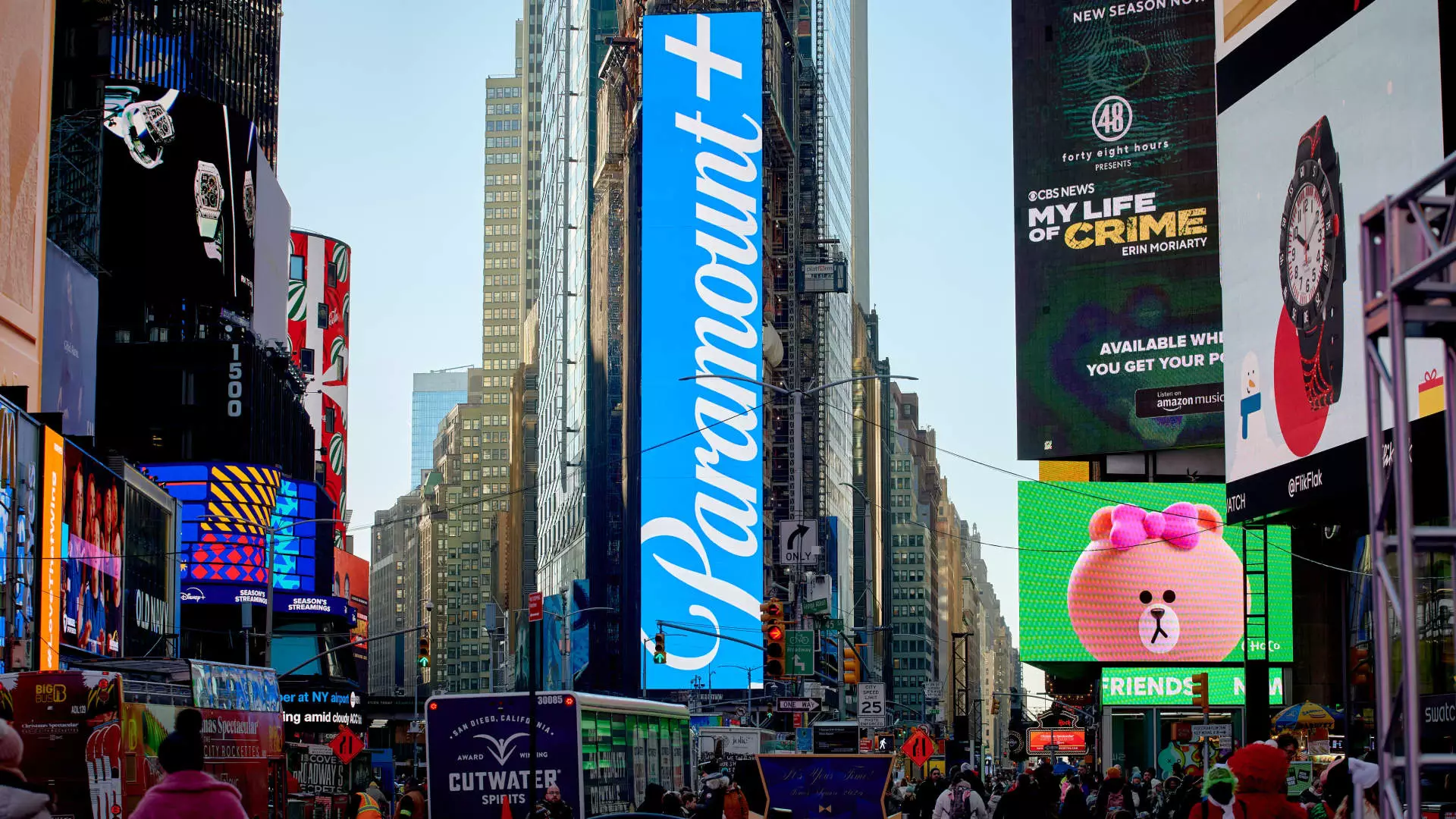In an era where entertainment giants are racing to become unified content dynasties, David Ellison’s latest strategic move signals an unsettling shift. His endeavor to acquire Warner Bros. Discovery reveals not just a short-term business maneuver but a desire rooted in larger ambitions for media control. The once-competitive landscape is now morphing into a battleground where conglomerates threaten to consolidate power at the expense of diversity, innovation, and consumer choice. This pursuit isn’t merely about profit—it is intrinsically tied to the subtle erosion of market pluralism, which has long been a cornerstone of healthy democratic societies.
Ellison’s grip on an expanding media empire exemplifies the power dynamics that characterize modern capitalism. By leveraging media mergers and acquisitions, elites in the entertainment sector aim to craft monopolistic strongholds that stifle smaller competitors and concentrate influence within a handful of conglomerates. What might appear as savvy business strategy on the surface subtly undermines the democratization of content, risking a cultural landscape where a few behemoths dictate narratives, limit perspectives, and potentially skew representation of diverse voices.
The Illusion of Value and the Danger of Market Fetishism
Some analysts, like Robert Fishman, credit Warner Bros. Discovery’s undervalued assets as a ripe opportunity for Ellison’s empire. But this view overlooks the deeper issue: the obsession with asset valuation turns cultural products into mere commodities. The valuation, inflated by shareholder expectations and stock market speculation, obscures the fact that these assets are not just numbers on a balance sheet—they are vital pieces of cultural heritage, storytelling, and identity.
The actual worth of Warner Bros.’ franchises and content libraries cannot be divorced from their societal impact. When corporate interests prioritize the acquisition of these properties for market dominance, a disturbing prioritization emerges—profit over cultural diversity, scale over substance. The relentless pursuit of megamergers often results in homogenized content that feeds consumer insatiability, resulting in a cultural landscape devoid of the multifaceted storytelling that makes media meaningful.
Consolidation and Its Impact on Cultural Diversity
The potential union of Paramount and Warner Bros. Discovery could create a gargantuan entity with unprecedented control over film, television, and sports media. While proponents argue that such integration might lead to efficiencies and expansive content libraries, critics warn of the profound risks. When a handful of corporations dominate the entertainment sector, the rich tapestry of diverse narratives is at significant risk of being flattened. A consolidated media landscape could set a dangerous precedent: a few corporate giants playing gatekeeper to cultural discourse.
Furthermore, the implications for consumers are profound. The vibrancy of independent voices and smaller studios fighting for space is likely to diminish, creating a homogenous market where creativity is stifled by the imperatives of global corporate interests. The notion that larger conglomerates will serve the public better through efficiency ignores the fundamental truth that diversity, innovation, and local storytelling thrive better in a competitive environment—qualities that are often sacrificed on the altar of scale.
Market Power versus Democratic Values
The realm of sports rights exemplifies how media consolidation intertwines with broader societal values. Paramount’s recent deal to become the exclusive U.S. home for UFC’s Fight Night and other rights points to a strategic push to capture cultural capital, yet it also signals a narrowing of media access. The fact that sports broadcasting rights are so fiercely contested reveals how the arena of media influence touches on notions of access, representation, and fairness.
If a handful of conglomerates wield control over sports and entertainment media, their influence extends beyond mere profit—these corporations shape what stories are told and who gets to tell them. The worry isn’t only monopolistic market behavior but the subtle steering of societal narratives, a potential distortion especially evident when smaller voices find it increasingly relegated to the margins.
Ellison’s ambitions, therefore, do not exist in a vacuum; they reflect a broader trend of centralizing cultural power while cloaking it in the language of efficiency and growth. However, the true cost lies in the potential throttling of cultural diversity and democratic discourse, which are vital for a vibrant, inclusive society. As media giants expand their influence, a warning must be sounded: unchecked consolidation risks transforming the entertainment world into a monoculture—monotonous, homogeneous, and fundamentally at odds with the pluralistic ideals that underpin democratic societies.

